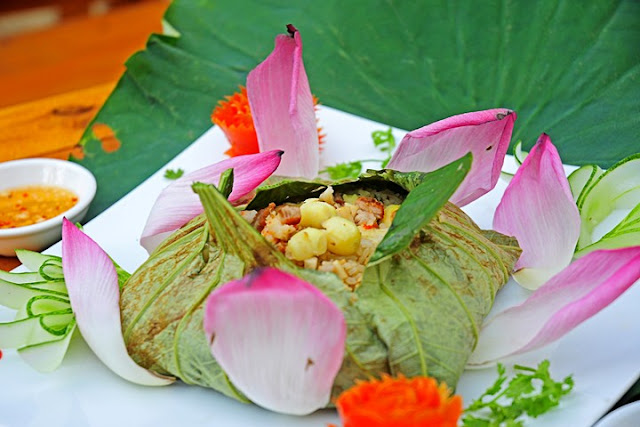Thứ Hai, 19 tháng 9, 2016
Thứ Hai, 1 tháng 8, 2016
Game on Mobile Phone Industry in Vietnam
BY Tuan Nguyen IN Business intelligence services in Vietnam, game industry, Game on Mobile Phone Industry in Vietnam, Logistics regulatory in Vietnam, market entry services Vietnam, Risk Advisory in Vietnam No comments
Thứ Tư, 13 tháng 7, 2016
VIETNAM: THE POTENTIAL DESTINATION FOR VENTURE CAPITALS
BY Tuan Nguyen IN Business consultants in Vietnam, market entry services Vietnam, Real Estate business consultant in Vietnam, Real Estate market entry into Vietnam, Vietnam market intelligence No comments
Garena, a Singapore’s internet company has invested Series B for Foody, startup locations that in the same month continued to receive Series C investment from Tiger Global Management – US venture capital fund.
Thứ Hai, 11 tháng 7, 2016
TPP WILL CREATE BREAKTHROUGH FOR VIETNAM’S COMMERCIAL REAL ESTATE SECTOR
BY Tuan Nguyen IN market entry services Vietnam, Real Estate business consultant in Vietnam, Real Estate market entry into Vietnam, Risk Advisory in Vietnam, Trade promotion in Vietnam No comments
Thứ Tư, 29 tháng 6, 2016
PLASTIC INDUSTRY IN VIETNAM
BY Tuan Nguyen IN Business intelligence services in Vietnam, market entry services Vietnam, PLASTIC INDUSTRY IN VIETNAM No comments
Due to benefit from a reduction of raw material and an increase in demand for plastic products, plastic manufacturing businesses have had experience strong growth.
Chủ Nhật, 12 tháng 6, 2016
BANKING SECTOR IN VIETNAM
BY Tuan Nguyen IN Forensic Service in Vietnam, market entry services Vietnam, Risk Advisory in Vietnam, Risk Prevention in Vietnam, Trade promotion in Vietnam, Vietnam entry strategy No comments
- Government effort of reforming
banking system
- Trade agreements facilitate
foreign ownership and investment
- Vietnam- a destination of
foreign investment in South East Asian market
Thứ Tư, 8 tháng 6, 2016
HIGHLIGHTS IN REAL ESTATE INVESTMENT IN VIETNAM
BY Tuan Nguyen IN Business due diligence in Vietnam, intelligence market entry risks in Vietnam, market entry services Vietnam, Risk Advisory in Vietnam, Trade promotion in Vietnam No comments
Vietnam is attracting interest of investors in both
domestic and foreign market. Overall, investor confidence was returning to the Vietnam real estate market. Both buyers
and sellers have enhanced activity in recent months.
Thứ Ba, 7 tháng 6, 2016
Vietnamese Restaurant Chain Attract Foreign Funds
BY Tuan Nguyen IN Business intelligence services in Vietnam, Market entry into Vietnam, market entry services Vietnam, Vietnam market intelligence No comments
Thứ Hai, 6 tháng 6, 2016
NESTLÉ SET UP THE 6TH FACTORY IN VIETNAM
BY Tuan Nguyen IN Business intelligence, Corporate Intelligence in Vietnam, management consulting firm in vietnam, Market entry into Vietnam, market entry services Vietnam, services in Vietnam, Trade promotion in Vietnam No comments










